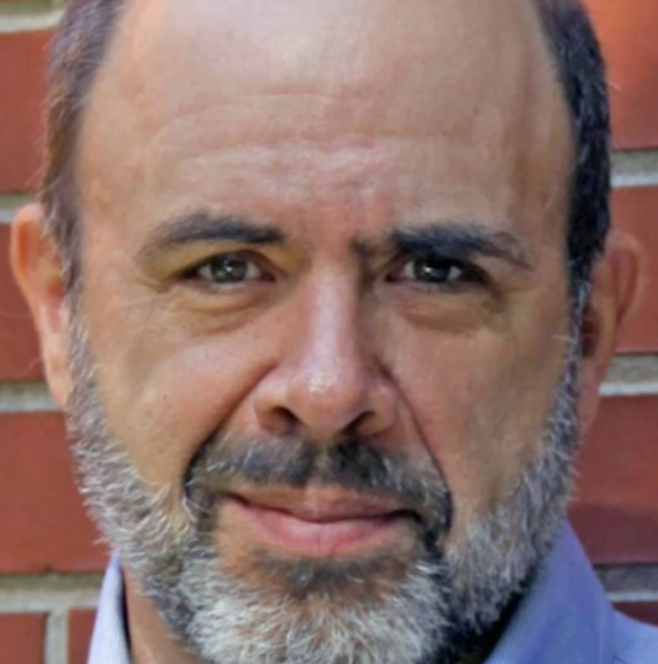Facing intense pressure from environmental groups, physicians and academics, the State University of New York at Albany last night fully reinstated Dr. David Carpenter, a frequent expert witness against Monsanto Co., nine months after it barred him from his campus office and lab.

Only hours after UAlbany’s Senate received a formal complaint alleging violations of Carpenter’s academic freedom, university officials abruptly ended an investigation launched last spring into fees he had received as an expert. They said they would not impose any discipline related to that probe.
“Dr. Carpenter is no longer on an alternate assignment and may now teach and conduct research on campus,” the university said in a statement posted on its website at about 10 last night.
“I am very happy that the university has concluded its investigation and announced that my work as an expert witness did not merit discipline” Carpenter said in a statement today. “I am very proud of my work with plaintiffs around the country who seek to hold Monsanto responsible for the damage done by its products, and I am humbled and deeply appreciative of the thousands of people who heard about my situation and supported me. Your voices were heard.”
Carpenter has testified as an expert against Monsanto in several toxic tort cases alleging that PCB chemicals it manufactured harmed plaintiffs’ health.
In one of those cases, the Saint Regis Mohawk Tribe of Franklin County, NY, is suing for $3.1 billion. The trial is scheduled for April in state court in St. Louis.
UAlbany launched its Carpenter investigation last Spring after Monsanto filed Freedom of Information requests for documentation of the use of his expert witness fees. Two weeks ago, the company filed an emergency motion in the Saint Regis Mohawk case seeking to take depositions related to the university’s probe in a bid to obtain information that it could use to undercut Carpenter’s credibility with jurors.
While university officials never alleged misconduct by Carpenter, neither did they make any public or private statements to clear his name, according to a formal complaint submitted earlier yesterday to members of UAlbany’s Senate.
The complaint by the group Public Employees for Environmental Responsibility (PEER) alleges violations of Carpenter’s “academic freedom and freedom of expression.”
PEER wrote: “It appears that the actions taken against Dr. Carpenter make the University complicit in an effort to silence him and undermine the credibility of his research and expert testimony regarding the health impacts of toxic chemicals…. He has suffered social, emotional and reputational harm.”
Meanwhile, more than a dozen environmental groups and 2,000 physicians, academics and citizens signed a letter of support for Carpenter, also dated Feb. 21, 2023. It was addressed to Dr. Havidan Rodriguez, president of UAlbany; SUNY Chancellor John B. King Jr.; and Gov. Kathy Hochul.
Carpenter, who holds a degree from Harvard Medical School, has been a tenured professor at UAlbany since 1998. He was the founding Dean of its School of Public Health, and is the long-time director of its Institute for Health and the Environment.
In its complaint to the university Senate, PEER seeks an “investigative hearing exploring the genesis of the actions taken against Dr. Carpenter…”
It also calls for “restoration of his teaching privileges and campus access” and “formal censure of the university administrators.”

Monsanto was the primary manufacturer of PCBs until they were banned in the U.S. in the 1970s. The company, which was acquired by Germany-based Bayer, has been on the losing end of PCB jury verdicts totaling billions of dollars.
Bayer issued a statement Feb. 9 in which it said its emergency motion in the Saint Regis Mohawk case was filed “to discover the full extent of Dr. Carpenter’s conflicts of interest and any potential disciplinary action being taken by SUNY-Albany.”
Carpenter has said his investigation of the health effects of PCBs on members of the Saint Regis Mohawk Tribe dates back four decades.
Carpenter has also served as an expert witness in a lawsuit against a landfill in the Finger Lakes. Working pro bono, he submitted a technical affidavit on behalf of plaintiffs in a lawsuit brought against Casella Waste Services’ Hakes C&D Landfill and the state Department of Environmental Conservation.
In that landfill case, Carpenter contradicted the DEC’s assertion that drill cuttings imported to Hakes from Pennsylvania gas wells contained no more than background levels of radiation.


